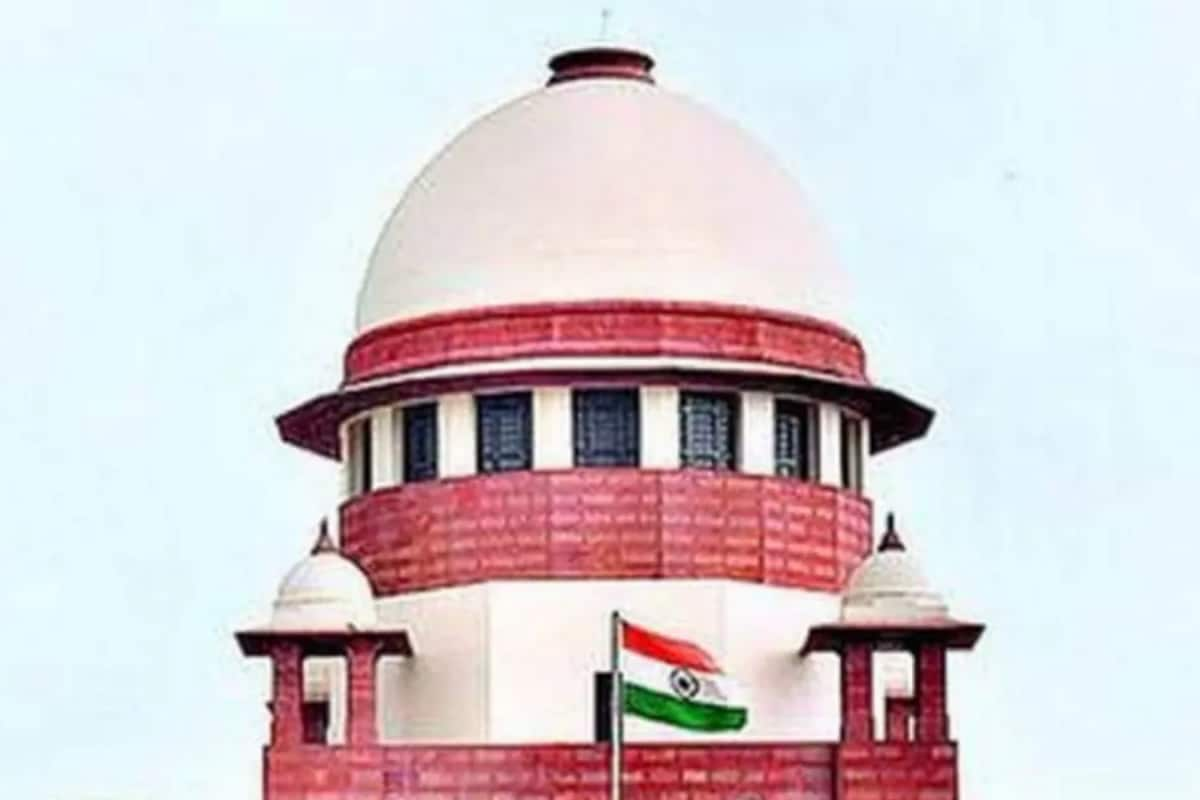

The Supreme Court has recently delivered a significant judgment, reinforcing the principle of fair compensation for victims of road accidents and their families. The ruling underscores the judiciary's commitment to ensuring that victims receive just and adequate recompense without unwarranted reductions in awarded amounts. This decision comes as a relief to many who have faced challenges in securing appropriate compensation following tragic road accidents.
The case, details of which remain confidential to protect the privacy of the individuals involved, revolved around a dispute over the compensation amount awarded to the family of a road accident victim. The initial compensation, determined by a lower court, was deemed insufficient by the victim's family, considering the extent of their loss and the long-term impact of the accident. Subsequently, a higher court partially reduced the compensation, leading the family to appeal to the Supreme Court.
In its judgment, the Supreme Court explicitly stated that there were "no grounds to slash the salary" or potential future earnings when calculating the compensation for the victim's family. The court emphasized that compensation should be commensurate with the actual loss suffered, taking into account factors such as the victim's income, age, future prospects, and the number of dependents. It also highlighted the importance of considering the long-term financial and emotional burden placed on the family due to the untimely death of their loved one.
The Supreme Court's decision overturned the previous reduction in compensation, effectively restoring the original amount initially awarded. The court's reasoning centered on the principle of ensuring just and fair compensation, as mandated by the Motor Vehicles Act. The ruling serves as a strong precedent, clarifying that courts should not arbitrarily reduce compensation without a valid and justifiable basis.
This judgment aligns with a broader trend of the Supreme Court actively addressing issues related to road accident compensation. In related news from March 19, 2025, the Supreme Court mandated the direct transfer of motor accident compensation to claimants' bank accounts. This directive aims to streamline the disbursement process, eliminate procedural delays, and reduce the burden on accident victims and insurance companies. The court recognized that the traditional system often resulted in delays and additional expenses for claimants.
Furthermore, in a ruling from May 27, 2025, the Supreme Court overturned a High Court's finding of contributory negligence in a fatal bus accident case and restored a tribunal's award of ₹1.20 Crore compensation to the victim's family. The court emphasized that contributory negligence cannot be assumed without evidence and that compensation should be based on verified income and future prospects.
These recent interventions by the Supreme Court highlight a concerted effort to improve the process of claiming and receiving compensation for road accident victims. By ensuring fair compensation, streamlining disbursement, and clarifying the grounds for negligence, the court is working to provide greater justice and relief to those affected by road accidents. Moreover, in May 2025, the Supreme Court directed the Central Government to implement the Cashless Treatment Scheme for Road Accident Victims Scheme, 2025, in its true spirit, ensuring that victims receive timely medical assistance during the crucial "golden hour."